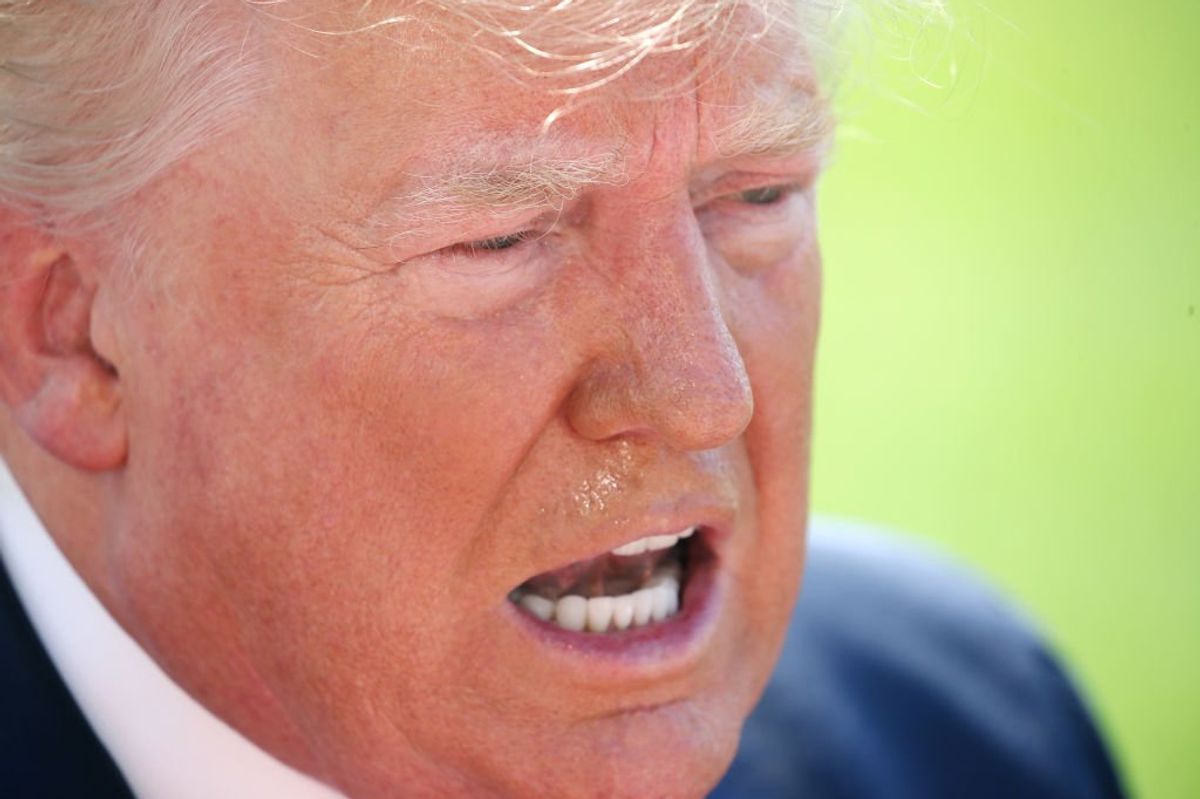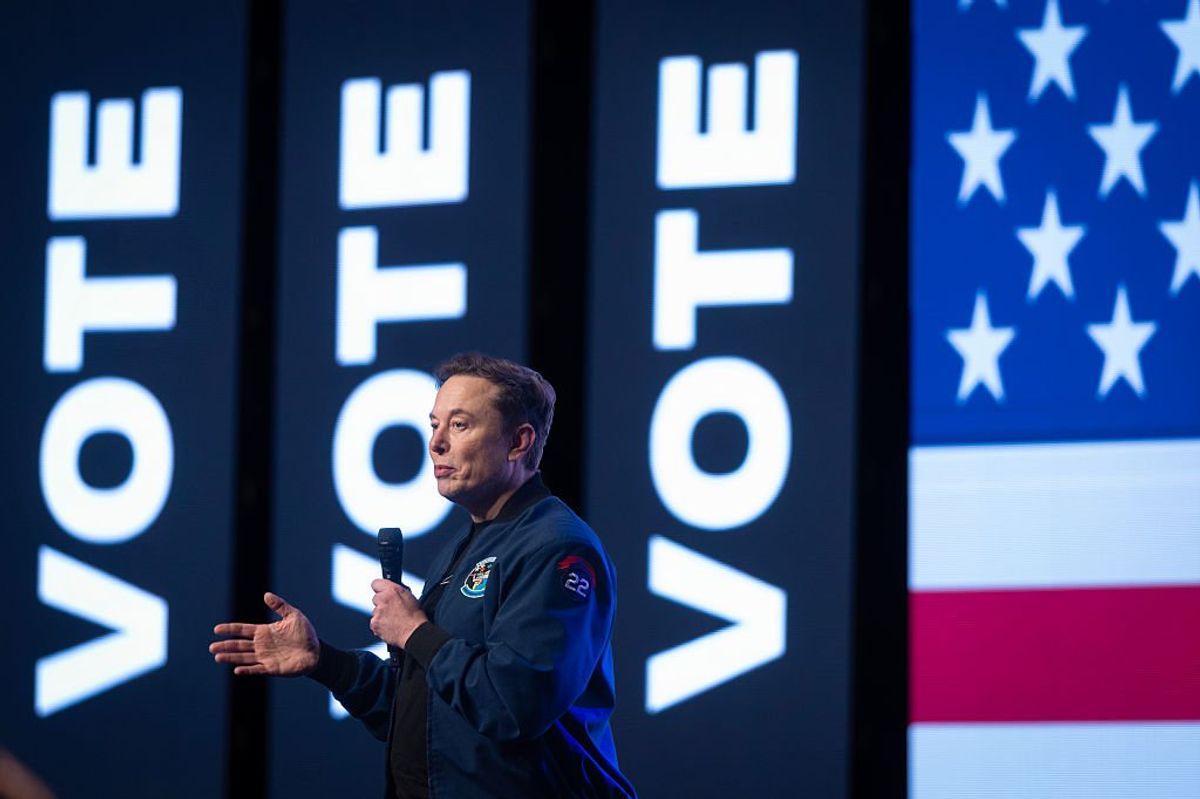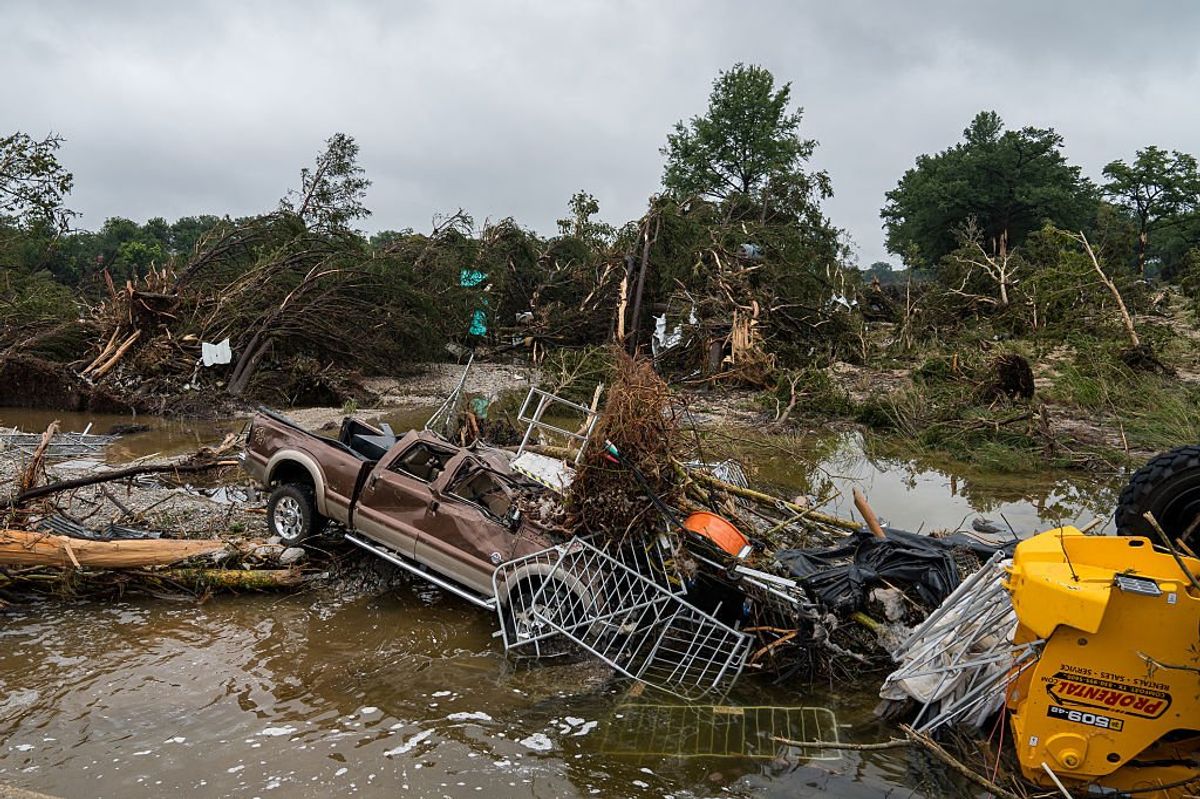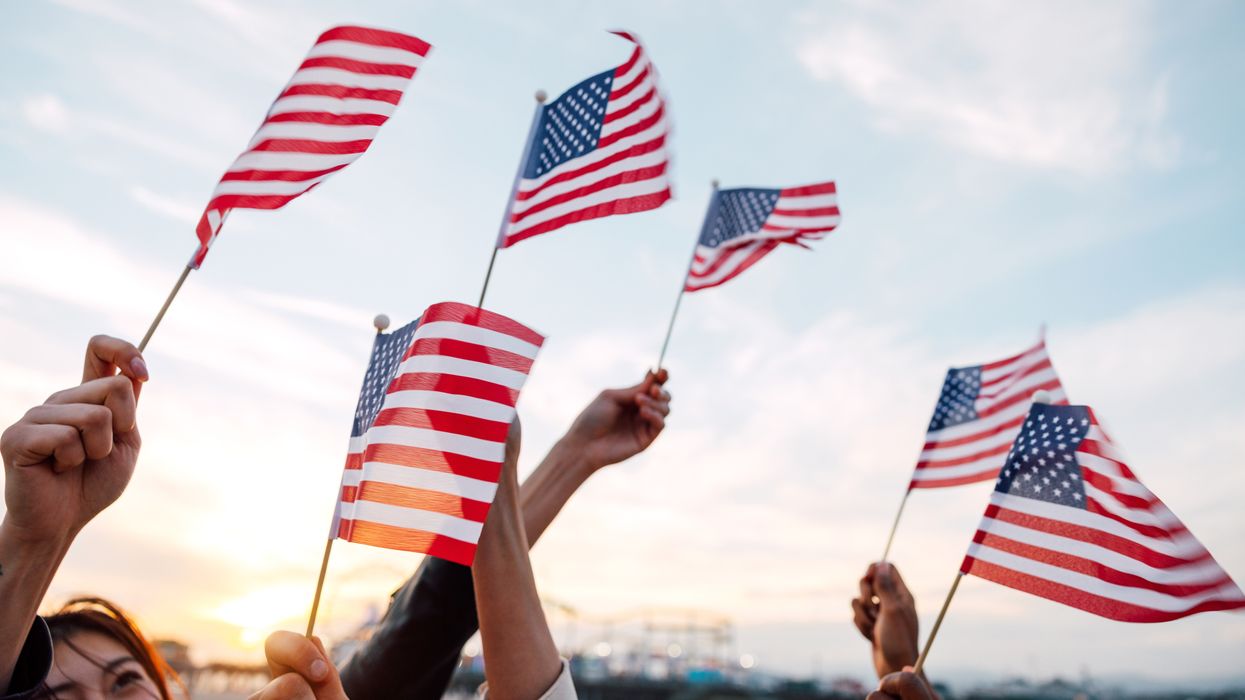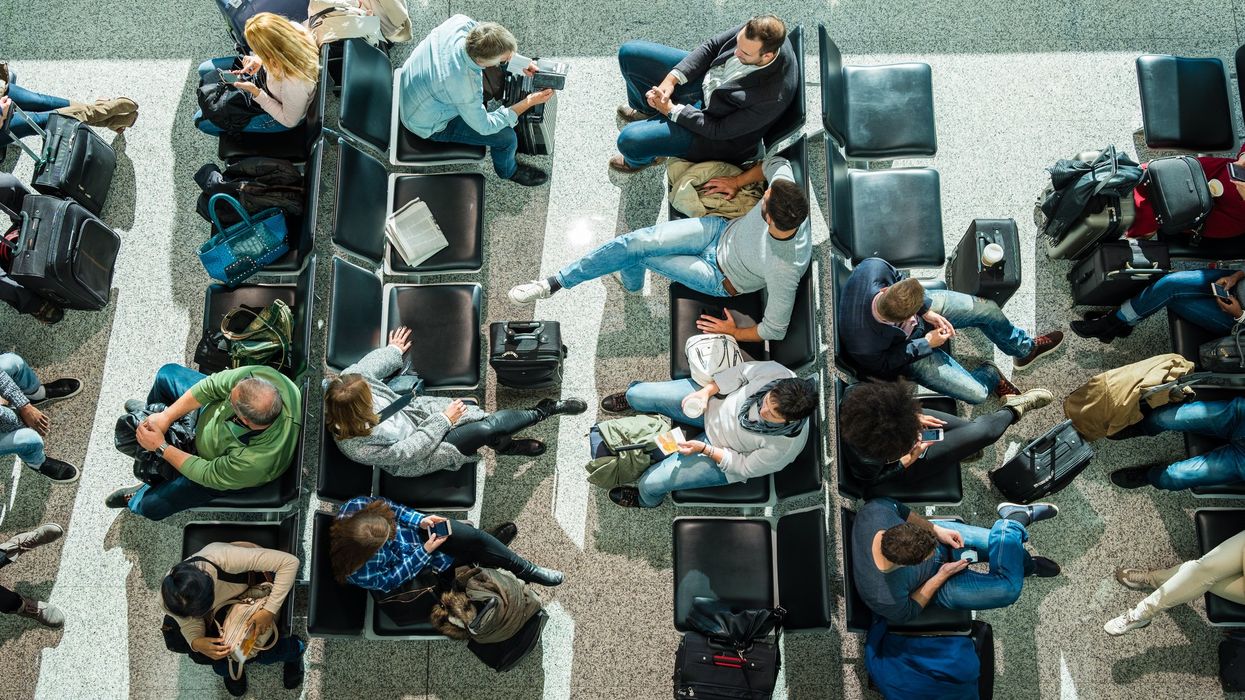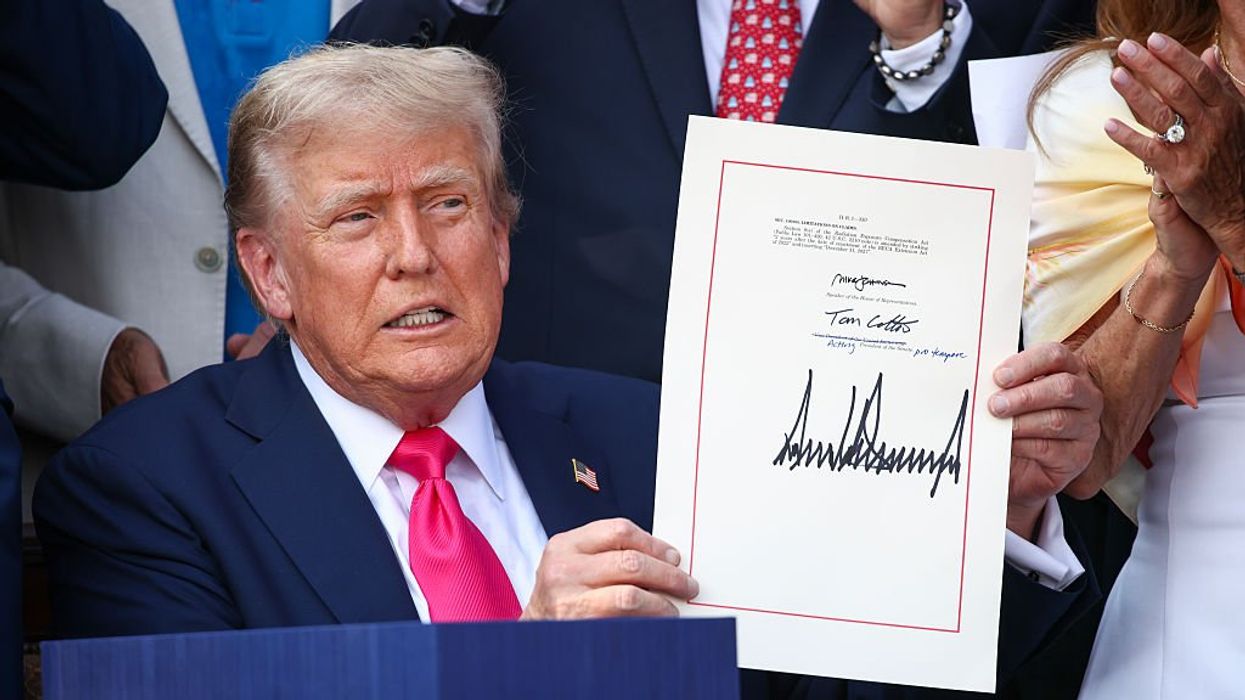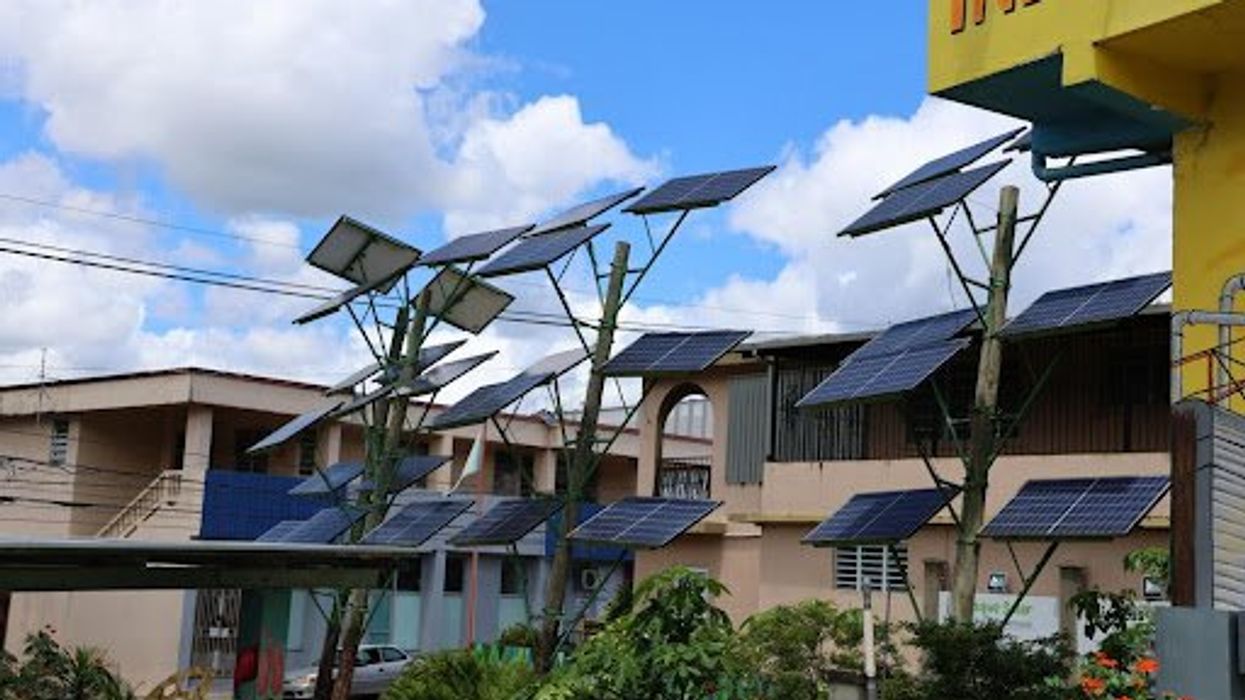Nevins is co-publisher of The Fulcrum and co-founder and board chairman of the Bridge Alliance Education Fund.
This is the first in a two-part series examining the economic blame game.
The Republican National Committee recently published a research document stating: “ Biden Is Desperate To Blame Anyone But Himself For The Worst Inflation In 40 Years, But The American People Know He Is Responsible.”
Of course blaming the other party for the inevitable ups and downs of the economy is not reserved for Republicans. On June 4 President Biden blamed congressional Republicans for record-high inflation in a speech he gave in Philadelphia:
“Under my plan for the economy we made extraordinary progress, and put America in a position to tackle a worldwide problem that’s worse everywhere but here: inflation. ... The problem is, Republicans in Congress are doing everything they can to stop my plans to bring down costs on ordinary families.”
It is no wonder the American public is confused about the economic difficulties our country and the world are experiencing, given the lack of a reasoned discussion by our political leaders and given the complexity of global economics that even economic experts have difficulty understanding – much less predicting.
As renowned economist John Kenneth Galbraith once said, “The only function of economic forecasting is to make astrology look respectable.”
There is no doubt that the U.S. economy is experiencing the worst inflation in over 40 years, hitting 8.6 percent in May. The impact on the lives of everyday Americans is causing hardship as the price of essentials such as gas, food and rent go through the roof. Yet at the same time as we are experiencing extremely high inflation, we are also experiencing a historically low unemployment rate of 3.6 percent and thus the messages are mixed and confusing to say the least.
Low unemployment is usually very positive but with inflation running at the fastest pace since 1981, the Federal Reserve is tightening monetary policy, which very well might lead to higher unemployment. The possibility of higher unemployment and high inflation, the worst of both worlds, is a real possibility in the coming 12 to 18 months.
With so much confusion and uncertainty it is no wonder politicians use the fears associated with economic uncertainty to rally support. But instead of falling for the rhetoric, consider first that the problems facing the U.S. economy are not limited to only us. Inflation and supply shortages are a worldwide phenomenon and thus, given the global nature and interdependency of global economics, the reaction of any individual nation is unlikely to solve the problem.
If Biden were to blame or if the Republicans were to blame, how does one explain that the problems facing the United States are shared with the world? First a pandemic changed the dynamics of the world economy in a multitude of ways. The disruptions from Covid continue to this day as the supply chain shortages and zero-Covid policy in China disrupt the world economy.
Subsequently, as the world economy was adjusting to the decreasing impact of Covid we were hit with another global financial shock: Russia’s invasion of Ukraine, which resulted in the limiting of energy and food supplies, thus stimulating the inflation we are currently experiencing. While the economic costs have been severe, the human tragedy of death and displacement of innocent people is immeasurable. We must not lose sight of the human toll as we explore the economic impact especially since the burden falls disproportionately upon lower-income families as they struggle with the higher energy and food prices.
All this adds to the desire of politicians to find scapegoats to take advantage of the situation rather than practically address the issues at hand. And while politicians play this blame game, our nation and the world become more fragmented. Given the interconnectivity of the world economy, we need cooperation in our nation and in the world more than ever. If we are to solve the threats facing the economies of the world, plus address the existential threat of climate change we need unparalleled world cooperation not political rhetoric that separates and divides.
This is not a pipe dream. Cooperation has occurred in the past when needed. After the devastation of World War II the world’s financial experts came together in 1944 in the historic Bretton Woods summit, creating a set of unified rules and policies that provided the framework for an orderly world economy.
As politicians and world leaders bicker, the understanding of a few economic maxims will serve us well.
The first is that there are no quick fixes. Economists euphemistically have been know to say “Investing should be more like watching paint dry or watching grass grow. If you want excitement, take $800 and go to Las Vegas.” There will be no quick fixes no matter what politicians tell you. We must think clearly, analyze costs and benefits, and realize that changing the cycle we currently are going through will take time. Given the limited options in these polarized times there is little Congress or the Federal Reserve can do in the short term to address the problem.
The second principle is from Sir John Templeton, noted global investor, contrarian thinker and founder the the Templeton Growth Fund in the 1950s. In 1954 he noted that the most dangerous four words in the English language are “This time it’s different.” Given the economic pain many are experiencing, it is easy to get swept away with the need for a quick fix, for a free lunch that will immediately cure the economic ills we are facing. Politicians will encourage us to make emotion-driven decisions with rhetoric that is intended to make us believe that this time it is different and we must therefore buy into their political dogma. We must instead rely on sound economic policy that helps those most in need without destroying the incentives that fuel future economic growth
As citizens, we can play an important role in co-creating innovative solutions that change future patterns of the economic cycle. President Franklin Roosevelt’s New Deal was combined with Keynesian economic theory to lessen the severity of economic cycles after the Great Depression, which lasted over a decade after the crash of 1929. However, emergent strategies don’t just happen. They require that we recognize that the richness of the American identity is due to our ability to accept our differences and embrace our cultural, ethnic, racial and political diversity with dignity and have an open-mindedness. Only by exploring and learning from each other will we be able to seek aligned efforts that raise all boats.
Our country will be stronger if informed citizens are actively involved in the economic discussion rather than simply responding to political banter. A difficult task indeed given that the blame game is central to politics and unlikely to change.
In my next writing I’ll offer thoughts on a new vision for managing the economy of our nation and the world. Economic discussions must be about far more than the size of our gross domestic product. While politicians focus on this as the panacea (i.e higher production means we are better off), a new vision must include subjects often ignored such as societal well-being, sustainability, equity and other aspects of life often excluded from economic analysis.
